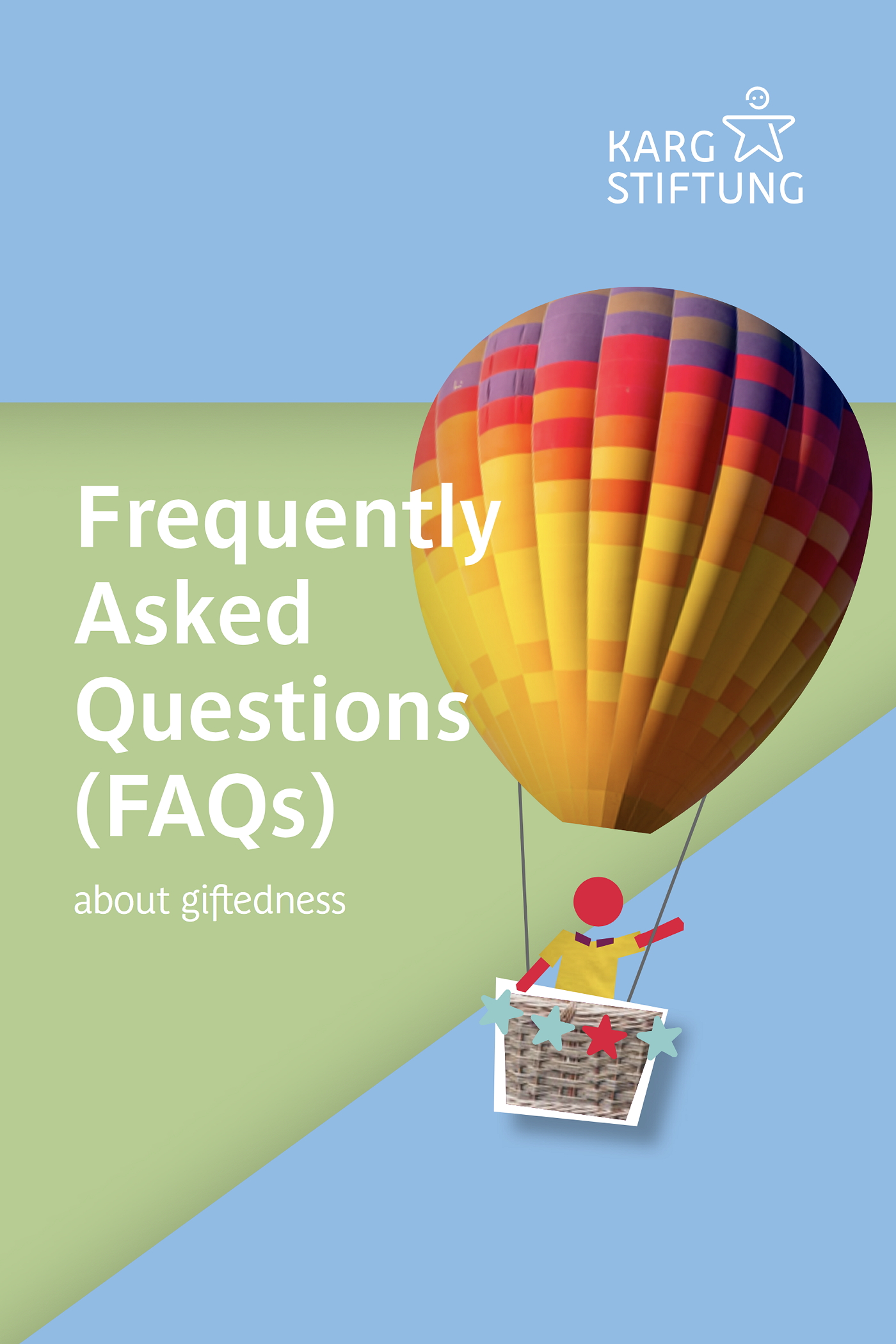Frequently Asked Questions (FAQs) about giftedness
Are gifted children “different”?
Gifted children tend to have superior abilities, and they are more receptive to new experiences and ideas, more interested in intellectually challenging leisure time activities, tend to rate their own capabilities at higher levels, and often show a greater willingness and desire to excel than children who are not gifted. But are there any other differences? According to research, gifted and nongifted children are more alike than different in areas outside of achievement-related domains. There are no differences between the two groups, for example, in the frequency of mental health problems or in their emotional well-being. Likewise, gifted people do not tend to be more conscientious or introverted, nor are they less agreeable. These children have comparable to higher social skills and just as many friends as children who are not gifted. Minor differences are found when evaluating one’s own appearance and athletic abilities: In these areas, the self-evaluations of gifted people tend to be slightly lower than those of their nongifted peers. These findings all relate to comparisons of gifted and nongifted individuals as groups, that is, to an average value that does not always apply universally to each individual. However, in certain cases, special circumstances may arise (see, e.g., the discussions on underachievement and extreme giftedness). Problems can arise when the child’s needs are overlooked or when the environment responds to the needs inappropriately. The feeling of being “different from the others” may be present as well. However, this applies equally to both gifted and nongifted individuals.

